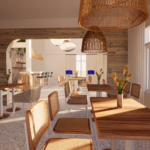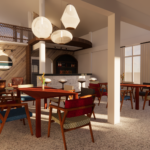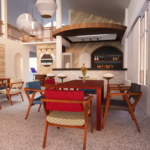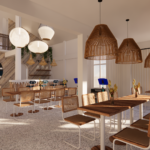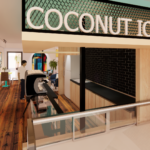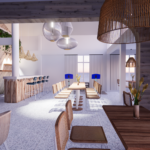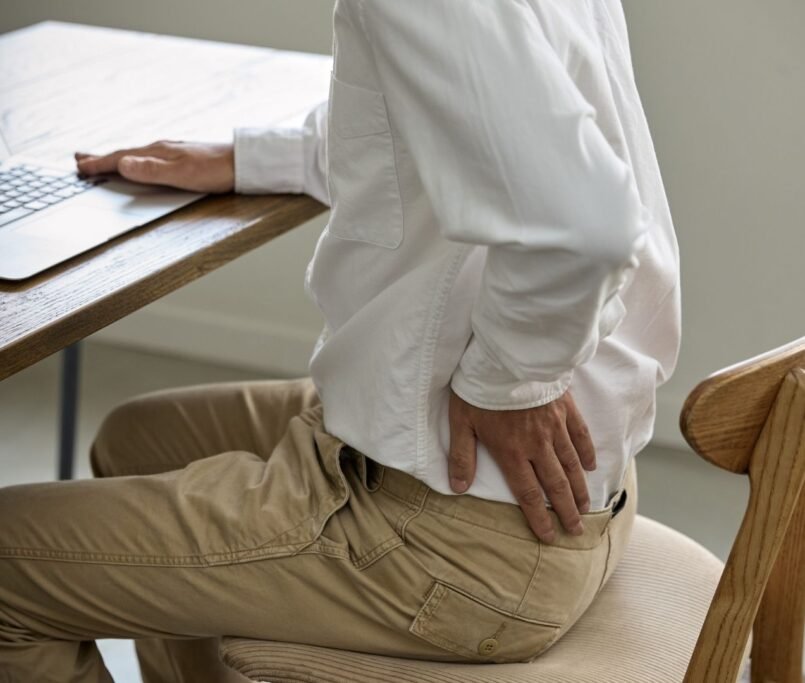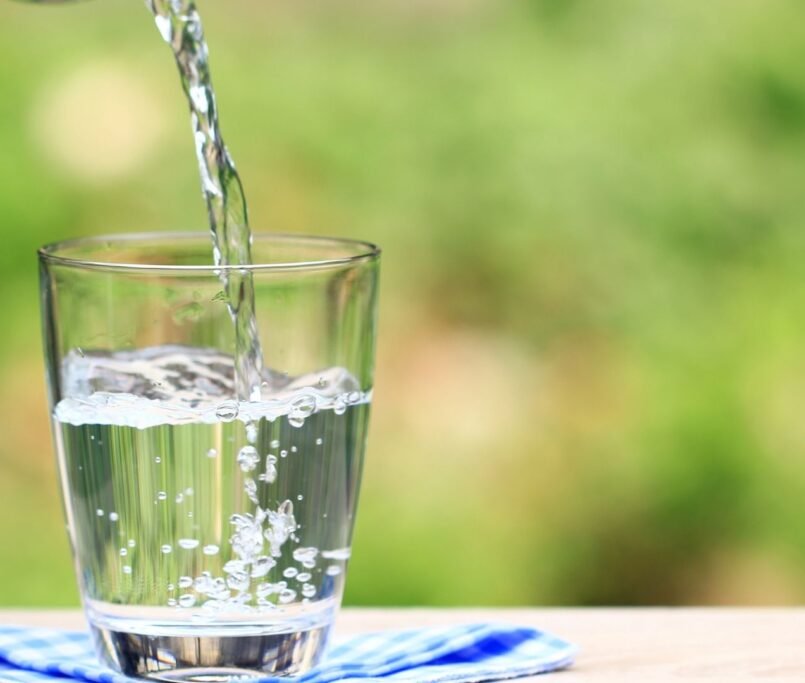Why Aluminium Is a Smart Choice for Tropical Villas in Phuket
In coastal regions like Phuket, not every building material is up to the challenge. High humidity, salt-laden breezes, and strong UV exposure can all take a toll on finishes and structural integrity. Aluminium, however, continues to perform where others fall short and that’s why it has become a reliable choice in tropical villa design.
Built for the Tropics
The main advantage of aluminium in this environment is its resistance to rust. While steel can corrode and timber may swell or degrade, aluminium remains stable in wet, salty conditions. That makes it a solid option for:
- Window and door frames
- Pergolas and privacy screens
- Balcony railings
- External shading systems
It’s especially useful in elevated hillside homes or beachfront properties where wind-driven salt and rain are part of daily life.
Lightweight, Strong, and Versatile
Architectural-grade aluminium (particularly 6063-grade) offers the right mix of structural strength and design flexibility. It can be shaped into slim, modern profiles without compromising load-bearing capacity, making it ideal for minimalist detailing or longer spans in louvred shading and fencing.
This strength-to-weight ratio is also a plus during transport and installation on Phuket’s more remote or steeply sloped sites.
Designed to Last, Not Just Look Good
A well-finished aluminium surface can go the distance. Powder-coated aluminium resists pitting and UV degradation while maintaining a clean appearance over time. With proper installation, components often last 20+ years with little more than routine cleaning — a major benefit for holiday villas or second homes that aren’t maintained daily.
Unlike timber, it doesn’t need sanding, re-staining, or sealing and unlike mild steel, it won’t surprise you with rust streaks during the monsoon.
What Makes Aluminium Installation Work Well
Installation quality is key. Aluminium works best when paired with:
- Double-glazed or insulated glass units to reduce solar heat gain
- Thermal breaks in window frames, particularly on west-facing facades
- Precision measurements to avoid rattles, gaps, or stress points during expansion
On tropical builds, passive cooling often makes more sense than over-relying on air conditioning and aluminium-framed shading systems help reduce heat ingress without blocking natural light.
A Recyclable, Low-Waste Material
Aluminium is 100% recyclable and retains its properties even after repeated reuse. Many systems on the market today are made from partially recycled content, which helps reduce the carbon footprint of your build.
In contrast, hardwoods (especially when uncertified) may carry environmental costs that aren’t always obvious at purchase. Aluminium offers a lower-maintenance and lower-impact solution that fits both modern and traditional tropical aesthetics.
A Material That Works in the Real Phuket Climate
Whether you’re building a new villa or upgrading an existing one, aluminium offers a practical, good-looking solution that performs well in Phuket’s climate. It’s not the only material to consider but when it comes to resistance, lifespan, and versatility, it holds its ground better than many alternatives.
If you’d like to explore material options for your project in Phuket, get in touch for local architectural guidance based on the conditions we build in every day. You can also explore the Phuket blog for more practical tips or subscribe to our sister YouTube channel for video insights into land, design, and tropical construction.

